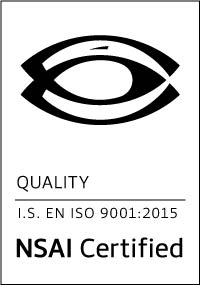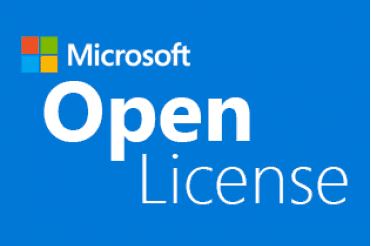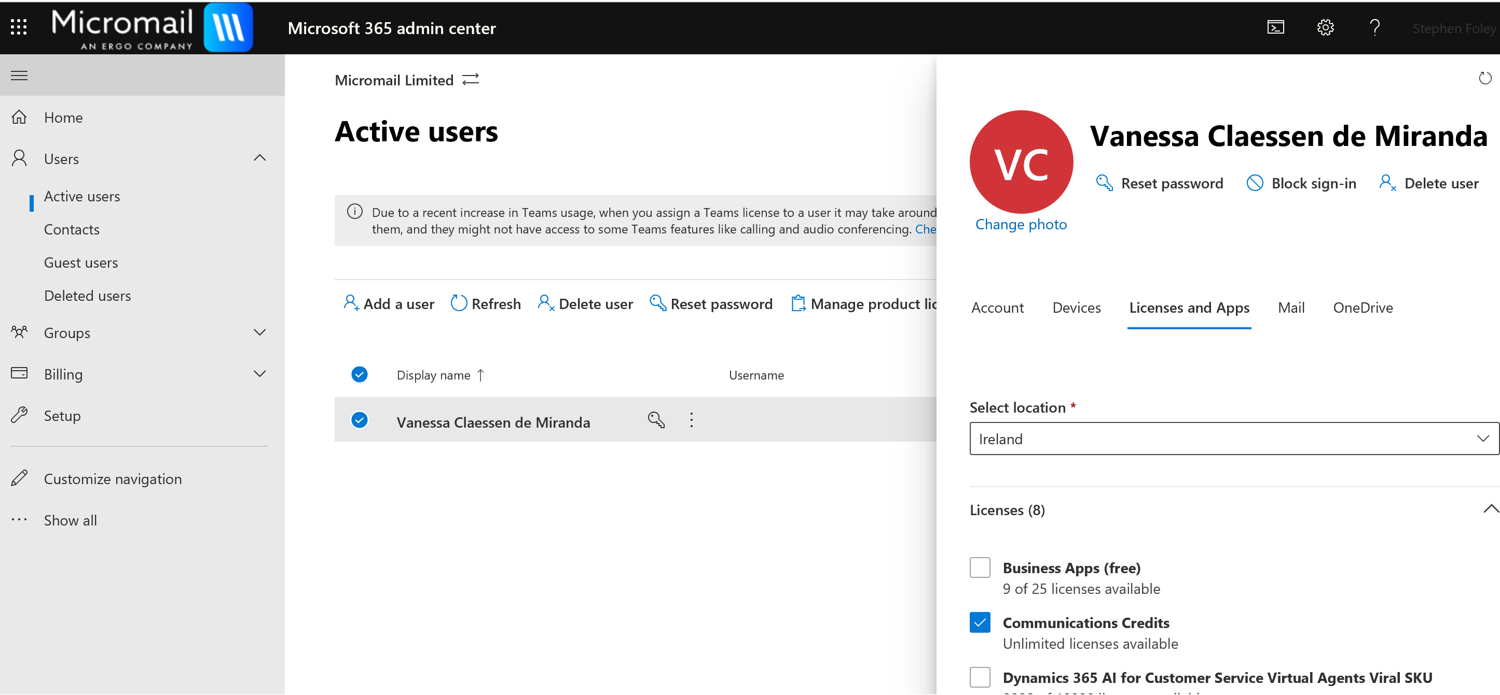Month: October 2020
Micromail is proud to announce that after a recent audit by the NSAI we have been recertified to ISO 9001:2015 for the provision of software licensing solutions and software asset management services. Our new certification remains valid until 22 January 2024 and brings our relationship with the NSAI and ISO 9001 to more than a decade.
Our certification journey started back in 2012 when Micromail first achieved ISO 9001:2008 status, upgrading to ISO 9001:2015 in 2018. Throughout this time Micromail has remained Ireland’s leading Microsoft LSP and Adobe Platinum Partner and our ongoing investment in ISO 9001 demonstrates our commitment to offer our customers the highest levels of service possible.
If you have any licensing or SAM queries please contact your regular Micromail account manager or email info@micromail.ie to organise a call.

Update February 2021: Microsoft made a recent announcement which will see the retirement of one of their oldest licensing programs. The Open License program is over 20 years old, serving as an agreement aimed at small to medium sized organizations for purchasing multiple perpetual software licenses. But as Microsoft continues to drive the new commerce experience, some of these older purchasing options may need to be set aside to make room for the newer options being offered.
As of January 1st, 2022, all customers will be unable to purchase new perpetual licenses or renew Software Assurance (SA) or online services through the Open License program. The Software Assurance will continue to run until the current expiration, even if that date falls after 31st December 2021.
- There are no changes to the Open Value or Open Value Subscription presently.
- Perpetual rights to software purchased under the Open License program will remain.
If you are an Open License customer and have active Software Assurance under the Open License Program after 31st December 2021, the recommendations are, if minimum requirements are met:
- The Open Value program, with perpetual use rights, for Software Assurance renewals.
- The Open Value Subscription agreement which also offers Software Assurance benefits. Note there is a company-wide commitment condition that must be met in order to transact within an Open Value Subscription agreement.
Also, as an option, Microsoft recently announced that commercial perpetual software licenses will be available through the CSP (Cloud Solutions Provider) program. From January 1st, 2021 Micromail will be able to supply perpetual licenses under CSP along with the online services already available.
The overall aim here by Microsoft is to simplify the purchasing experience for customers but unfortunately when it comes to licensing nothing is ever straightforward. For customers who have been purchasing perpetual software under the Open program, potentially for the last two decades, this new announcement will bring challenges. Especially for customers who need to maintain Software Assurance on perpetual on-prem server products. Make sure you talk to a licensing specialist who can help you navigate through the complicated world of Microsoft purchasing programs and licensing.
If you are impacted by these upcoming changes to the Open License program please contact your regular Micromail account manager or email info@micromail.ie to organise a call.

Microsoft customers have recently received a ‘Major Change Message’ concerning the license overallocation process for subscriptions purchased through Volume Licensing.
Sometimes transition periods, such as step-ups (moving a subscription to a higher plan edition) or reducing the seat count (true-downs or credits) can result in having more assigned subscriptions than licenses owned by your company. This is called ‘overallocation’.
Overallocation
Up to this point, an overallocation could result in unintended license consumption and due charges, known as True-ups, or service disruption for those extra users. Hereafter, the updated process will include periodic checks, what gives the customer a short timeframe to manage the transitioning of users, ensuring there will not be any interruption to the services.
To exemplify the changes, consider a step-up moving from 100 Office365 E1 to 100 Office 365 E3. The customer would be then licensed for 100 Office365 E3 only and during the transition period, those users still assigned Office365 E1 would be considered overallocated and could face service disruptions, as no Office365 E1 subscriptions would be available anymore, even though the new Office365 E3 subscriptions would be at hand for assignment.
With the new process, within this example, this customer would be provided with temporary Office365 E1 subscriptions for up to 100 users, so the access of these transitioning users is maintained during the process. A periodic check would then occur and adjust these numbers until the overallocated users goes to 0 and all 100 users are correctly reassigned to the new Office365 E3.
Important to note is that the customer remains accountable and the process does not grant additional use rights for those extra licenses. Transitioning should be completed as soon as possible and, in case the subscribed number of licenses are identified to be lower than needed, an additional purchase or reservation will be required.
In terms of immediate impact, the new process has been applied to all Enterprise Agreements (EA) and starting from the 2nd of November 2020, overallocation will be reset to 0.
There are three methods when it comes to a license assignment:
- Microsoft 365 Admin Center,
- Azure AD Admin Center (Known as Group-based licensing)
- PowerShell
No action is required for customers using Microsoft 365 Admin Center.
In the case of Group-based licensing, you must have a license for each unique member of the group. The subscribed numbers should periodically be verified and matched to the group membership counts.
Customers using Power Shell do need to take action. The automation logic should be updated to avoid an overallocation. This should be completed before the defined date of 2nd of November 2020 as to avoid any process failure.
To discuss more on how these changes may impact your organisation or if you have any queries, talk to your regular Micromail account manager or email info@micromail.ie to organise a call.
